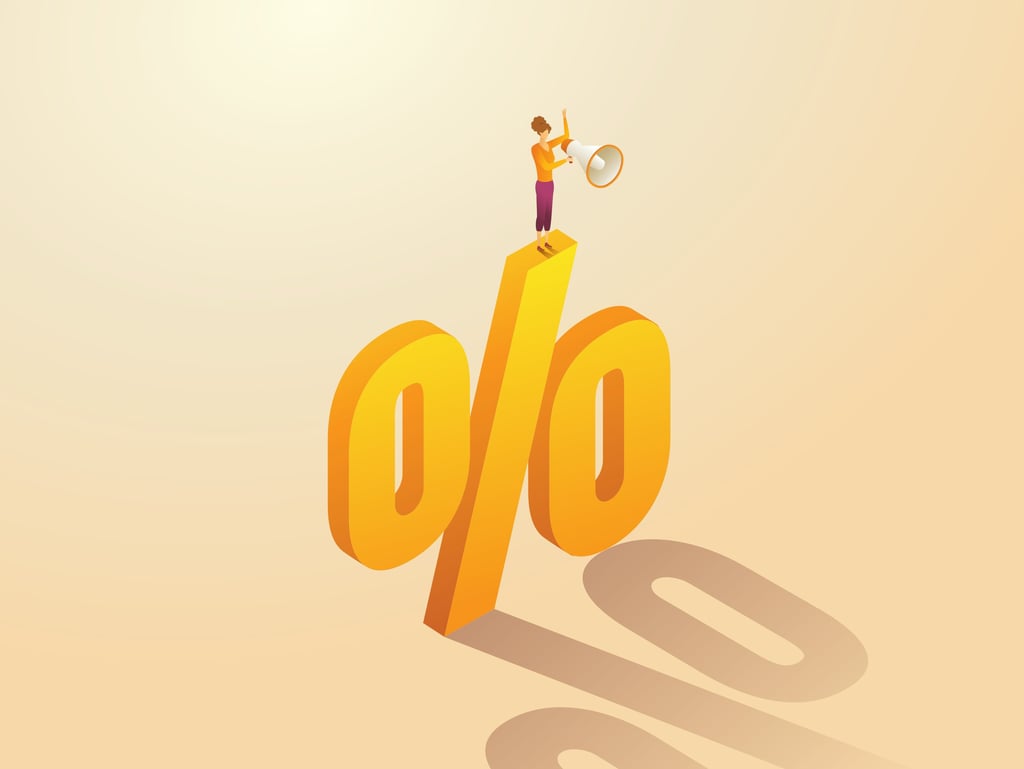Perfectionism And Grades In The Cambridge Syllabus
Many Cambridge Syllabus students get carried away with academic grades and forget what purpose they serve. Read this article to understand how to better deal with a perfectionistic mindset that hunts many students.
STUDENTS
Don L'Amour Chimhanda
9/2/20247 min read


In conclusion, your grades don’t have to be mind-blowingly amazing—they just have to be good enough. What’s good enough? Whatever you need to get to the next level. If that’s an A for university, great. If it’s a 50% to land the job, then 50% is your magic number. Beyond that, focus on learning, enjoying the ride, and living your life. That way, you won’t burn out, and you’ll have time for the other important things—like your health, hobbies, relationships, and, yes, those university applications. And who knows? You might even find that learning can be fun again.
Kind regards,
Chimhanda tutoring
Perfectionism And Grades In The Cambridge Syllabus
Every student knows the weight that grades carry in their academic life. They’re like that omnipresent scorecard that tells the world just how much you’ve got it together—or not. But when all your energy is poured into maximizing that one number, a host of problems can arise.
Balancing Learning And Numbers
To truly understand these issues, let’s start with the basic question: Why do we learn? Learning is supposed to be about acquiring knowledge, skills, and a deeper understanding of fascinating topics. It brings joy, fulfilment, and a sense of accomplishment. Remember how fun it was when you first learned to play a new game or figured out how to put on makeup with your sister? That was learning, too—only with a lot more laughter. So why doesn’t that joy always translate to the classroom? Is it because teachers sometimes have the personality of a wet sponge? Maybe, but grades also play a big role.
The Role Of Grades In The Education System
Now, don’t get me wrong—grades aren’t inherently bad. They serve important purposes. First, they provide a way to show that you’ve actually learned something. Would you trust a heart surgeon who never passed an exam? Of course not. We rely on grades to ensure that professionals know their stuff. Grades also give you a reality check on your own knowledge, helping you avoid the perils of either overconfidence or self-doubt.
The Negative Impact Of Grades
Another crucial function of grades is to act as a stepping stone from one academic level to the next. You need solid IGCSE grades to move on to A Levels, and good high school grades to get into university. This progression is essential, like the educational equivalent of levelling up in a video game. Grades can also help guide you toward your future career, showing you where your strengths (or weaknesses) lie.


So, yes, grades do a lot of good. They keep the education system functioning smoothly. However, problems arise when grades become the sole focus of a student’s academic life. When that happens, the joy of learning takes a backseat to the relentless pursuit of perfect scores. This is when we start to see students cramming, passing, and promptly forgetting everything they’ve learned.
And that’s a shame because it turns learning into a grind. Imagine eating a meal just to get it over with—no savouring the flavours, no enjoyment, just shovelling food in because you have to. It’s like when your mom used to insist you finish your vegetables—sure, you did it, but it wasn’t exactly a highlight of your day. When grades are the sole focus, studying can feel like a chore, while learning something for fun—like drawing or playing an instrument—can feel like a delight.


Percentage Equals Self-worth


But here’s the real kicker: When grades don’t align with your expectations, it can feel like the end of the world. Didn’t get the grade you wanted? Cue the existential crisis. Suddenly, that subject you were okay with becomes your sworn enemy. The problem? No matter how hard you try, those grades can be frustratingly stubborn, refusing to reflect your efforts.
Then there’s the issue of perfectionism. I’ve seen students freak out over a single grade that dipped below 85%, even when everything else was stellar. It’s like a tiny smudge on an otherwise spotless record, but to some, it’s a disaster. Grades can make you feel like nothing is ever good enough, turning a 98% into a disappointment because it wasn’t a perfect 100%. Trust me, I’ve been there, and it’s a tough place to be.


Competition Is Rewarded
Grades also have a sneaky way of turning students into rivals. But really, should we be comparing minds like they’re contestants in some academic Olympics? Everyone has unique strengths and weaknesses, yet grades make it seem like we’re all running the same race. This leads to competition instead of collaboration, turning friends into rivals as they vie for the top spot. It’s like a reality show but with less drama and more sleepless nights.


Learning Comes After Grades
Some might argue that focusing on grades and competing with the best pushes you to excel. But I’ve seen top students celebrate mediocre marks just because everyone else did worse. That’s not excellence—that’s survival. And it’s a little sad. The focus on grades can warp our perception of success, making it more about beating others than about personal growth.
Teachers aren’t immune to this, either. When their self-worth is tied to class averages, they start making decisions based on what will boost grades rather than what will foster genuine understanding. Lessons turn into endless test-prep sessions, with little room for anything that isn’t on the syllabus. And heaven forbid a struggling student brings down the class average—suddenly, they’re a threat to the teacher’s sense of worth.


Putting Life On Pause Just To Get The Grades
Let’s not forget the impact this grade obsession has on students’ lives outside the classroom. It’s not pretty. From grade 12 to university, many students sacrifice their health, social lives, and even basic hygiene in the quest for perfect grades. I’ve seen it firsthand—friends ghosting social events, living on instant noodles and energy drinks, and avoiding the sun like it’s their arch-nemesis. And don’t even mention exercise—they’ll just laugh and say they’re too busy chasing A’s to worry about staying alive.
So what’s the solution? Here’s a nugget of wisdom from James Clear’s Atomic Habits (which, by the way, you should totally read): “When a measure becomes a target, it ceases to be a good measure.” That’s Goodhart's Law in a nutshell, and it’s exactly what happens when grades become the be-all and end-all.


Your Grade Do Not Have To Be Perfect, They Simply Need To Be Good Enough
Now, before you start accusing me of hypocrisy, let me clarify: I’m not saying you should throw your grades out the window. No way. What I’m saying is, they don’t need to be perfect. Your grades just need to be good enough to get you from one stage to the next. Beyond that, they’re just numbers on a page.
Let me share a little story to drive this point home. Back in the day, I worked my tail off for my A Levels, determined to get top grades. And I did it—three A’s in math, physics, and chemistry. But guess what? I got so caught up in competing with my classmates that I completely forgot to apply to university. Yep, you read that right. I had the grades, but no plan. Meanwhile, the people I “beat” were already packing their bags for uni. Big mistake. I ended up taking a gap year, sitting on my three A’s while everyone else moved on. Not exactly the victory I’d imagined.


Conclusion
The moral of the story? Grades are a tool, not a trophy. They’re meant to help you move forward, not hold you back. Once you’ve got the grades you need, they don’t really matter anymore. No one’s going to ask about your A Levels when you’re applying for a civil engineering tender. They’ll care about what you can do, not what numbers you got years ago.









